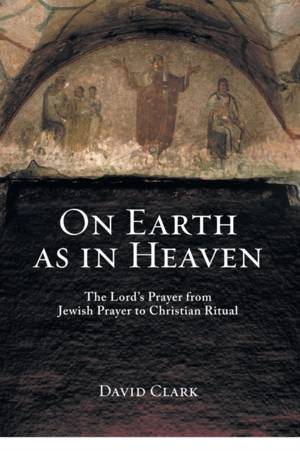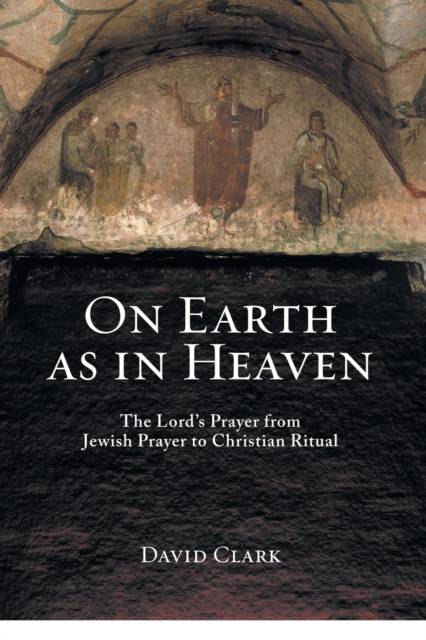
- Retrait gratuit dans votre magasin Club
- 7.000.000 titres dans notre catalogue
- Payer en toute sécurité
- Toujours un magasin près de chez vous
- Retrait gratuit dans votre magasin Club
- 7.000.0000 titres dans notre catalogue
- Payer en toute sécurité
- Toujours un magasin près de chez vous
On Earth as in Heaven
The Lord's Prayer from Jewish Prayer to Christian Ritual
David ClarkDescription
Convinced that we can no longer have direct, unmediated access to the sense of Jesuss prayer but must account for the history of its effects, David Clark seeks to trace the meaning of one of Christianitys most repeated, and thus most effective texts through the early centuries of the faith. Clark begins by arguing that the prayers original context was in a revival of Jewish prayer, then sets it in the literary context of Gospels that, he argues, represented Jesus as recapitulating Israels testing in the wilderness in his own temptation. He then traces the prayers meaning within the narratives of Matthew and Luke and in the Didache, then examines the first full commentary on the prayer, that of Tertullian in the third century CE. Clark attends to the evolution of ideas and themes embodied in the prayer and of the understanding of prayer itself across epic transitions, from Judaism to the teaching of Jesus, from Jesus to the Gospels, and from the Gospels to earliest self- consciously catholic Christianity. This is an engaging narrative of the history behind and reception of the Lords Prayer; it illustrates how a texts reception may help us explore and understand the multivalent meaning of the text itself.
Spécifications
Parties prenantes
- Auteur(s) :
- Editeur:
Contenu
- Nombre de pages :
- 244
- Langue:
- Anglais
Caractéristiques
- EAN:
- 9781506414386
- Date de parution :
- 01-04-17
- Format:
- Livre broché
- Format numérique:
- Trade paperback (VS)
- Dimensions :
- 150 mm x 226 mm
- Poids :
- 385 g







